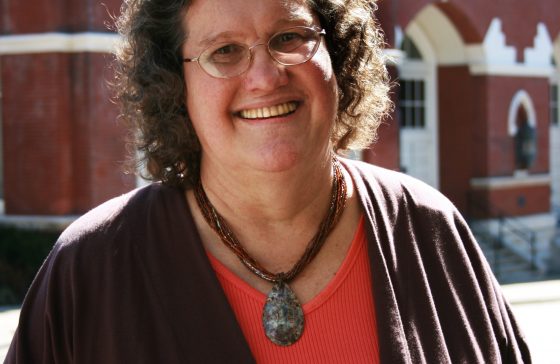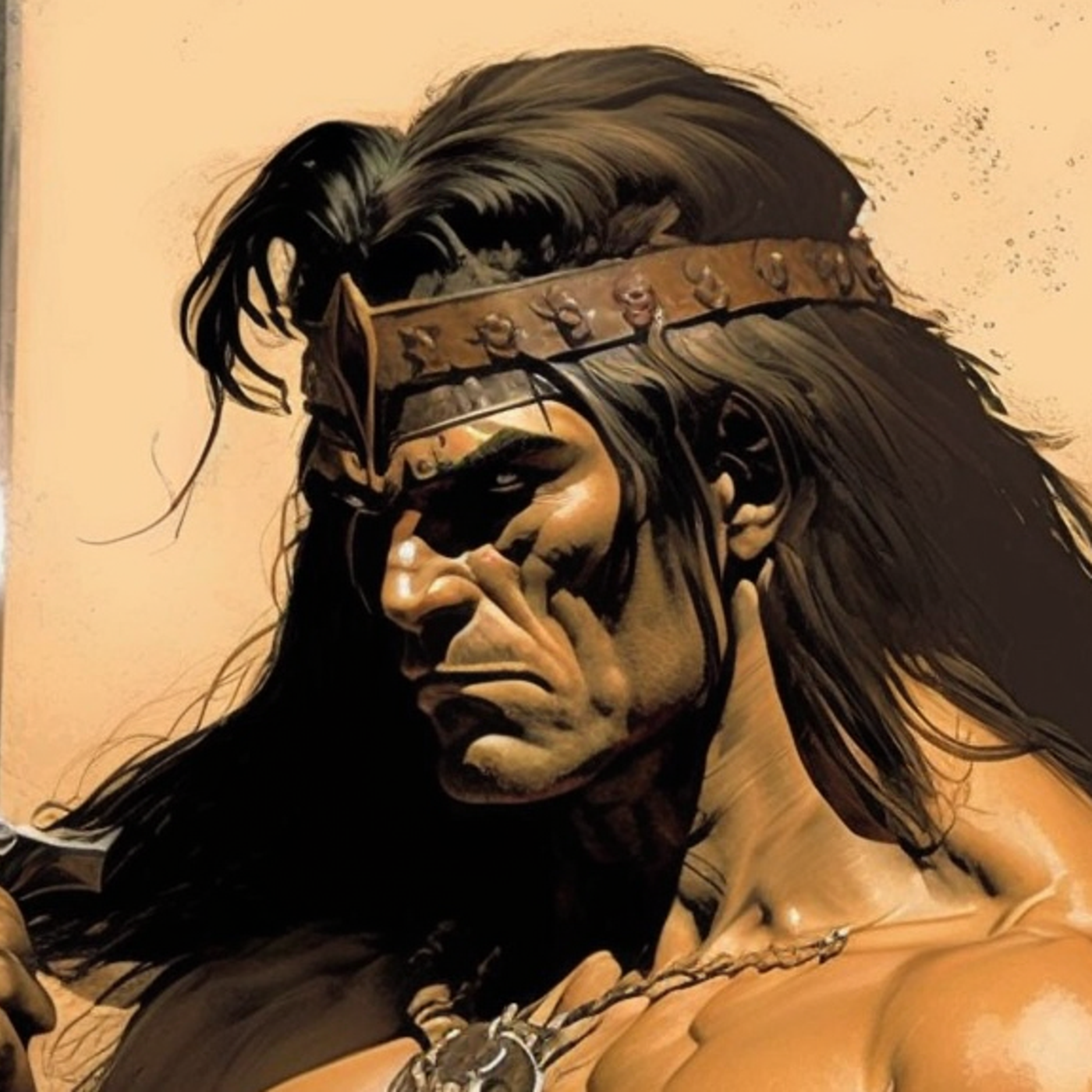Recently a young writer posted on Reddit about the advice from Stephen King to augment your writing journey by learning what not to do via reading bad books. Alan Moore also mentions this in his Masterclass videos. While I don’t disagree with this advice, I think it is, perhaps paradoxically, one of the more challenging bits of writing homework one can give.
The Reddit thread gives a great example. A user posted about how their entire literature class hated the Gertrude Stein writing assignment and the resulting class was cancelled due to this. The poster’s implication within the context of the post was that Gertrude Stein was clearly a bad writer you could learn from.
I don’t disagree with this but probably not for the reasons the commenter intended. Stein is a great example of why the guidance to read bad books is really challenging to do right. People’s tastes are so broad and the world of literature is so complex that what you might consider “bad” might actually be just something presented in a different way or with a different cultural context or for a different audience.
When the 1Pulitzer jury selected “No Award” about ten years ago, one of the judges outlined a section of David Foster Wallace prose as clearly indicative of the novel being worthy of the award. I read it and thought it was a purple prose self-indulgent slog. Of course, that was just my opinion and wasn’t really relevant. There are countless people who felt it was poetic, and the flowing river of description being a languid and wonderful immersion in the scene.
So neither of us were actually right. It wasn’t bad. It wasn’t good. It was bad for some people and good for some people. And that is why writing is so challenging.
Henry James wrote a wonderful story called 2“The Figure in the Carpet,” which among other things is a metaphor for the writer’s pursuit of the perfect reader. In the story, there is a secret to the writer’s novel that it turns out only one person has discovered. It was, in short, a work of such genius that only one person could appreciate it. But is a work that the entire world can’t understand and only one person can unlock the highest form of art? Or is it the worst of novels?
So while I don’t dismiss the concept of “bad novels,” and I don’t dismiss the idea of “learning from bad novels,” I do think that the exercise should be approached with caution and serious attention.


